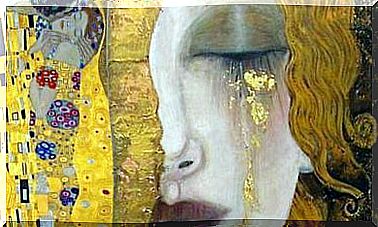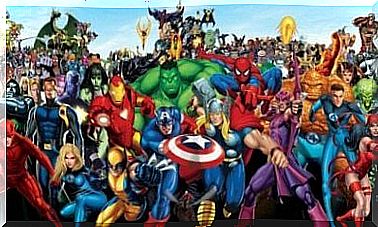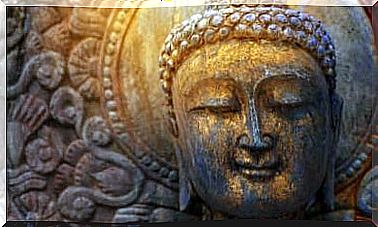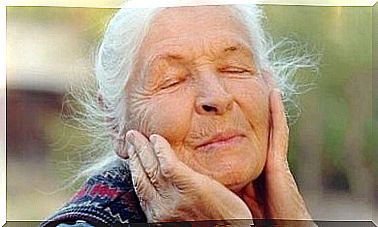The Black Sheep
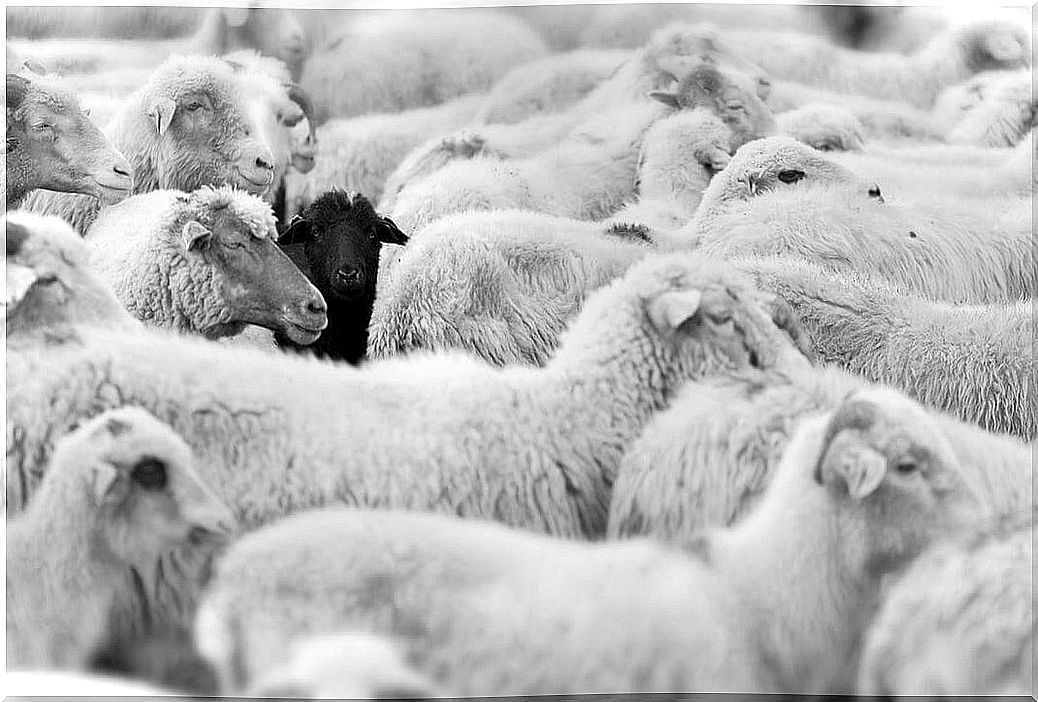
“I am the black sheep of my family.” We may have said this phrase more than once before and you may have thought this about someone else, whether it is a family member or someone who is not around you.
A person who sees himself as the black sheep of the family, generally sees himself as the marginalized of the family, like a strange beast in a homogeneous environment.
On the other hand, the rest of the family believe that the black sheep has this character because of himself or the influence of his friends, but never because of the family.
It is true that sometimes the black sheep is “strange” to “common” standards, as it is possible that it is, following a hidden, undiagnosed mental illness. He can be a sociopath who violates the boundaries and attention of the family, so the family must exclude him in order to protect themselves.
Surprisingly, many black sheep are friendly people who have a lot to offer their families and the world. In fact, they are often the best and the brightest. The black sheep can be the most creative, the smartest, or the most sensitive.
If we stop to think about this subject, we will realize that the world is full of black sheep.
For many, black sheep are not physically excluded from the family, and for the most part, it is something much more subtle, as exclusion is emotional.
Here are three things that indicate there is a black sheep in your family:
- A family member appears hurt or angry for no apparent reason and over a long period of time.
- Family discussions always focus on the same person when they are not present.
- A family member is not invited to certain family events or is kept away.
If most black sheep aren’t exactly weird and have been left out, what could cause a family to treat one of their members that way?
The black sheep was probably not referred to as such by one person, but rather it is a product of family dynamics.
Black sheep in children
Points of family dynamics that convert a child into a black sheep:
1. The child who has the least in common with the parents. This child is distinguished by his personality, his temperament or his interests. Parents are disconnected from him and unwittingly treat him differently, which extends to siblings.
2. The best and the brightest. This child threatens to outdo one or both parents. Whether consciously or unconsciously, parents sabotage it. That way, they won’t lose him and they won’t have to feel bad about themselves when they compare themselves to him.
3. The child most prone to depression or anxiety. The child having intense or dark feelings or thoughts that parents cannot understand may frighten them. So, not knowing how to help him, they can only keep him at a distance.
4. Rivalry between siblings. In this family, there is simply not enough attention or love for everyone. One or both parents are limited in some way, such as a mental illness, personality disorder, or substance abuse.
5. A parent who despises himself. This parent can appear to be very affectionate with their children, so it can be difficult to detect.
However, he is not able to tolerate certain aspects of himself, so he projects his characteristics onto a chosen child and despises him. It is an unconscious defense mechanism that kicks in unintentionally on the part of the parents.
6. Emotional childhood neglect: the most invisible. In this family, all children can receive the subtle message that their feelings do not matter.
This child literally disappears from the family radar screen and is ignored. He becomes a “ non grata ” person, he is the one who matters the least.
In the six preceding cases, the excluded child detects from the start that he must be different, bad or inferior. This is a case of self-fulfilling prophecy because he ends up acting like what is expected of him.
What should you do if you recognize your family by these words? It is difficult to transform a entrenched family dynamic but all is not lost:
-Choose to see your family through a more complex lens. Ask yourself: Is this so? Is this the person I want to be? Is this how I want to treat my brother or my son?
-Share this article with selected members of your family.
-View your black sheep from a new perspective and realize what you have never seen before.
-Open your heart to your family circle.
-Let the black sheep know what you say about it.
If you are the black sheep:
It’s normal for you to feel disoriented and confused, but in reality, nothing is ever as easy as it seems. Free your mind, the value is in you.


